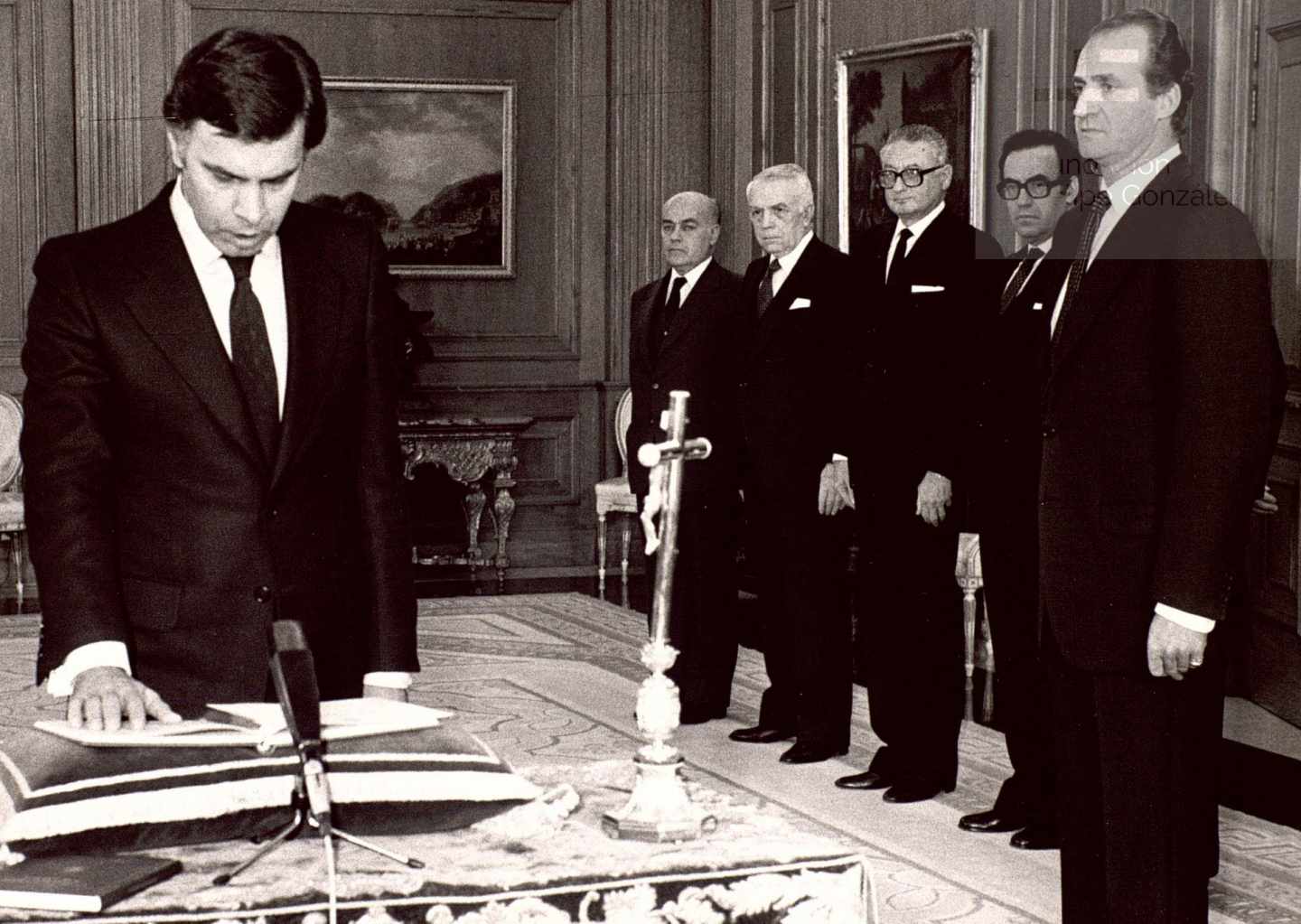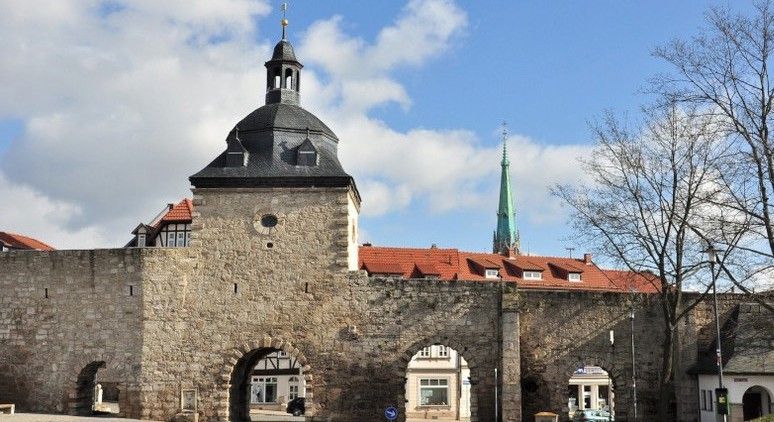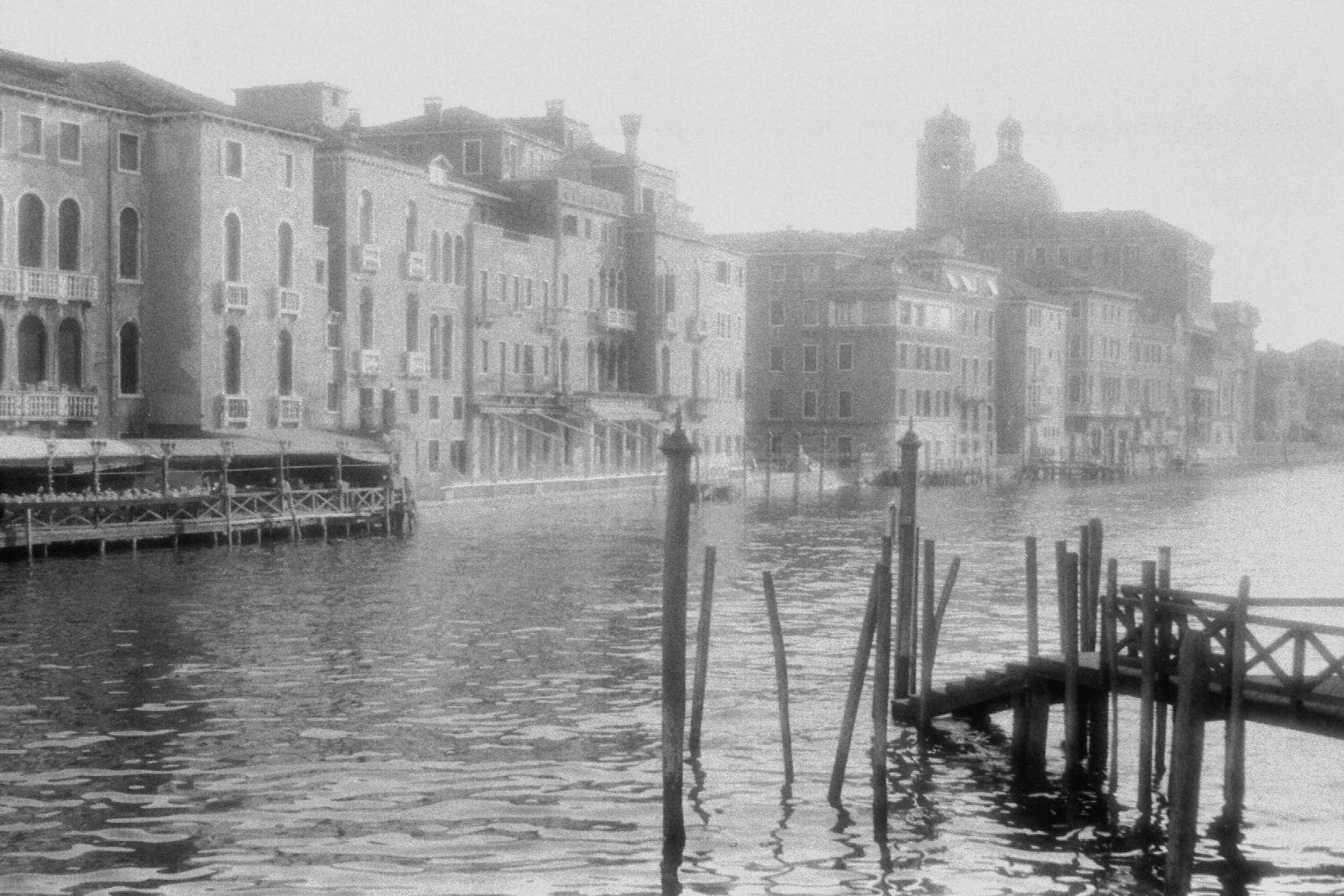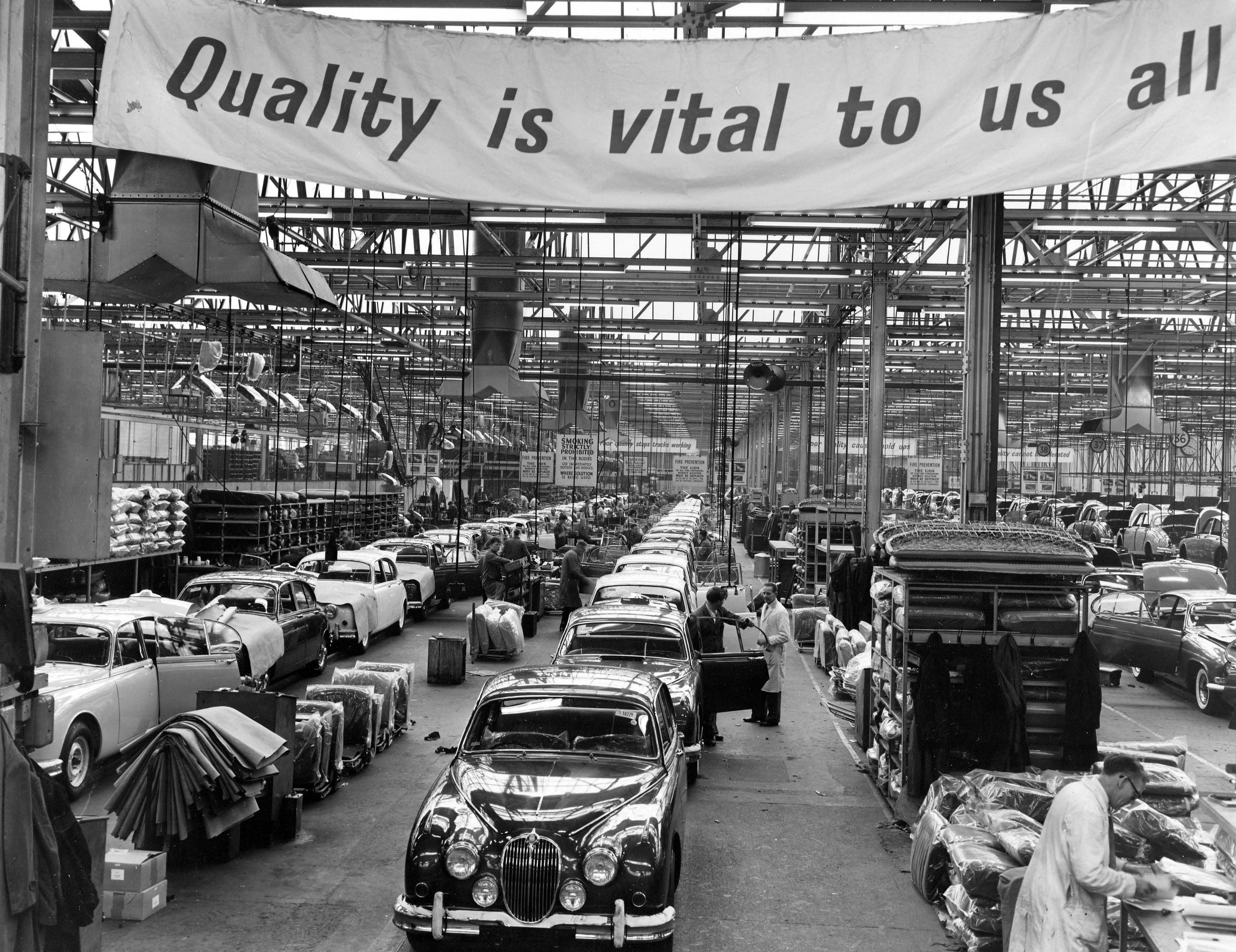Fundación Felipe González

The Fundación Felipe González aims to be a think tank for global progress, democracy and equality while also providing public access to “civic memory,” such as the former president’s documents. Felipe González swears as president in 1982.
CHALLENGE
Preserving memory for the benefit of future generations is a core value and aim for the Fundación.
Digitisation is the start of this process and how the documents are treated and catalogued is a key consideration as it directly impacts on accessibility and preservation.
The challenge of current media obsolescence is also a concern for the Fundación and for archivists around the world. To solve this problem, many organisations build their archive around data migration strategies, where data is moved every few years to new media or software formats. This can be a risky and expensive process. The Fundación was intrigued by Piql’s unique technology, solving the problem of technological obsolescence, with guaranteed future accessibility.
With leading digitisation services offering optical character recognition and enriched metadata extraction, along with expert support in archival management, the Fundación recognised Piql could offer a viable future focussed solution. The Fundación also found mission of the Arctic World Archive very interesting, as a repositoryof world memory, holding critically important treasures from well-known organisations.
SOLUTION
To explore Piql’s technology further, the Fundación has undertaken a symbolic project with Piql to store important Spanish history to the Arctic World Archive. This project not only safely preserves Spanish history, but it also allows the Fundación to understand the potential benefits Piql technology can offer its broader collection.
The items digitally preserved and stored away for the future from Fundación are from three collections:
The steps to democracy
Pre-constitutional secret meetings.
These typed documents include the transcript of the talks held in October 1976 and in March 1977 between a secret services command (Central Documentation Service) and Felipe González and Alfonso Guerra, young leaders of the Spanish Socialist Workers Party still illegal.
Socialism: the Congresses
These photographs taken by Pablo Juliá portray the XXVII and XXVIII Congress of the Spanish Socialist Workers Party, celebrated in 1976 and 1979 respectively. The XXVII was the first celebrated in Spain after the Civil War, in which Felipe González is ratified as Secretary General and Ramón Rubial becomes President of the Party. In the XXVIII, the proposal to abandon Marxism is rejected and, as a result, Felipe González resigns as Secretary General.
Life in Moncloa: the Government
The offices and the hearings: the task of Government.
The notebooks of the President are testimony of the task of Government and the development of daily life in the Moncloa Palace. In this sample we find handwritten annotations on the negotiation for the signing of the Treaty of Accession to the EEC, preparatory notes for the Councils of Ministers and parliamentary debates; meetings with the Ministers of Economy, Defense or Foreign Affairs; notes of the European Council; drafts of letters to international political leaders or reflections on current political events.
The photographs taken by Miguel Povedano, official photographer of Moncloa, are in the same way, testimony of the audiences and meetings between the President and the different national and international social and political actors, as well as the various conferences and summits that he attends during the years of government, including the signing ceremony for the accession to the European Economic Community in 1985, the Peace Conference for the Middle East held in 1991, and the various Ibero-American Summits that took place from that same year.
Memories with Norway and Spain
In addition, the Fundación wanted to dive into its archive about Norway and, as a result of this search found some photographs of Gro Harlem, Kåre Willoch and Harald V.


